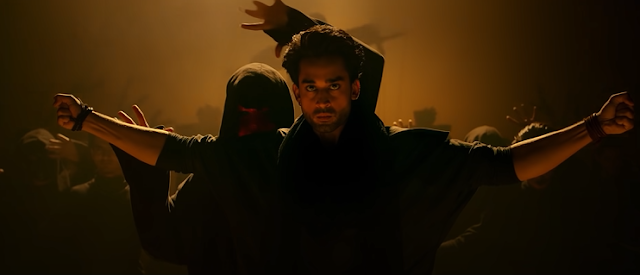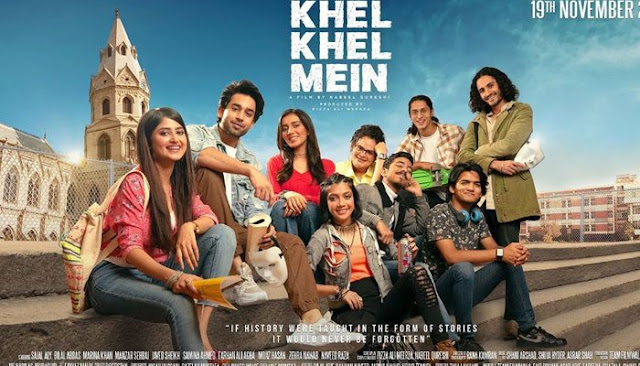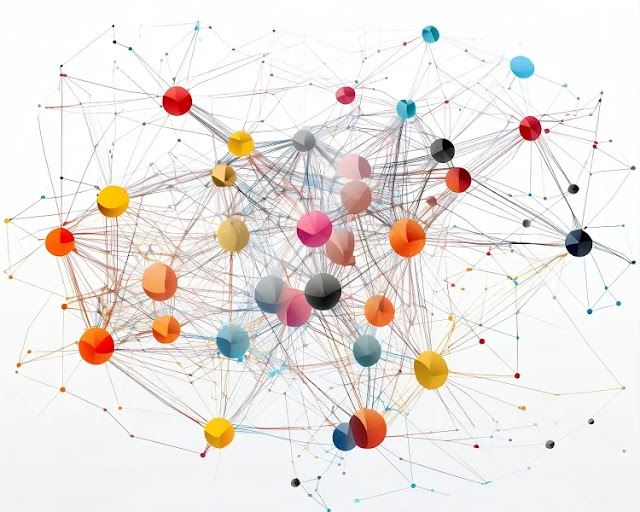Embracing One Brother at the Cost of Another
The dark memories of the 1971 separation of East and West Pakistan have been surfacing all over the media and minds of the survivors for a few past months as last year, on December 16th, 2021 marked the 50th anniversary of the independence of Bangladesh.
Dhaka Fall is undoubtedly marked with bloody
memories of lost loved ones, mistrust, murders of the lives, and faith in each
other. Communities, Muslim and Biharis, that once happily lived together
were intoxicated with doubts, and benefitted by the third-party – India.
The history scripters speak volumes of their
propagandas and how a certain group divided the two loving communities,
despising them against each other. Most of our literature narrates the story of
the propagandas, separation, division, and a minor list of the casualties.
However, when recalling past events, especially of
such nature, we often forget to acknowledge that those ‘casualties’ were living
beings. With each carrying a story of his own. With each having rights of his
own. As ‘collateral damage’, we very easily get rid of the responsibility and
insist on focusing on the bigger picture.
But who would take responsibility of the people who
have been living in refugee camps in Dhaka since the partition?
Such heavy questions are always dusted under the
carpet, from both sides of the borders.
Recently, the Pakistani film, ‘Khel Khel Mein’
directed by Nabeel Qureshi, produced by Fizza Ali Mirza, starring Bilal Abbas
Khan and Sajal Aly was released. The film very dramatically addresses the same
issue.
The Plot
The movie is centralized on the protagonist, Zara - a daughter to an army officer in Lahore. Saad, Bilal Abbas Khan, is her university fellow who is a passionate about acting and president of the Dramatics Society in the University.
Upon receiving the invitation from Bangladesh to participate in an
international play competition, a team of students, including the main
characters, decide to perform the play on the topic of Dhaka Fall. And undoubtedly,
Zara was the driving force behind it. She desperately wants to address the
issue – rather too passionately.
However, only later it is unfolded that her
grandparents were the eyewitness and survivors of the event. Zara had been
hearing this tale of her grandparent's separation since her childhood. And
naturally, the issue seemed most appropriate to her.
As excepted typically, they face discrimination
upon arrival but then things smooth due to their benevolence and
mighty performance about the separation, portraying India as the ultimate evil
force between the two. By the end, Pakistani team defeats the Indian team bringing home the trophy along with the hearts of their long-lost brothers.
Thoughts
In the movie, besides Dhaka Fall and its impact on people, Nadeem has certainly highlighted many other major issues as well such as Balochistan issue. But, unfortunately, again the blaming fingers were pointed towards India, using the same strategy to inflict hate – between Pakistani and Indian brothers - as India had previously used.
Overall delivery of the message was very nice while keeping the youth as their target audience. However, there were many dialogues that got too anti-India, inflicting hatred and doubts against them.
While the issue is crucial and the intention
was to highlight that real players behind the fight were someone else –
Indians – but it could have been delivered in a rather neutral or at least a
bit softer way. The Indian characters were shown as the human personification
of hate as if written in purely black form while Pakistanis were written in all
whites. The grey areas which are usually a case in reality did not seem to be
suitable to writers.
This exaggeration of emotions gave the whole film a
touch of an extended ‘drama’.. Most of the time, it seemed like a telefilm rather than like a
movie in itself.
Should we embrace one brother at the cost of
another?
 |
| Source: Something Haute |
In the times where hate among the two nations,
Pakistan and India, has resulted in millions 'collateral damages'. Also, many
efforts at local, national to international levels have been made to promote
harmony, tolerance, and coexistence. Such narrative, even though being right
historically, may not have a very neutral, if not positive, impact on majority
viewers as it portrays Indians as purely evil 'enemies' who do nothing but plan
and propagate hate all the time.
Without any doubt, media has the responsibility to
highlight such perspectives and educate the masses about the actual events. However, as it has the power so does the responsibility. Indeed, the sufferings of Muslims compromised during
the 1971 separation deserve attention. But this effort should not bring
more suffering to already suffering brothers in the Indian
region. We cannot embrace one brother at the cost of another.



Well written...
ReplyDeleteThere are as many stories as many writers who engraved that I would say black memory in the history of separation of subcontinent. In so far as the role of media is concerned, from your review, it brings out the same story; Pakistani media blaming India so does Indian blame Pakistan.
Yes, and sadly it has been happening openly in both medias. Although we both talk about bringing 'peace' to the states, our media messages promote different ideas.
Delete